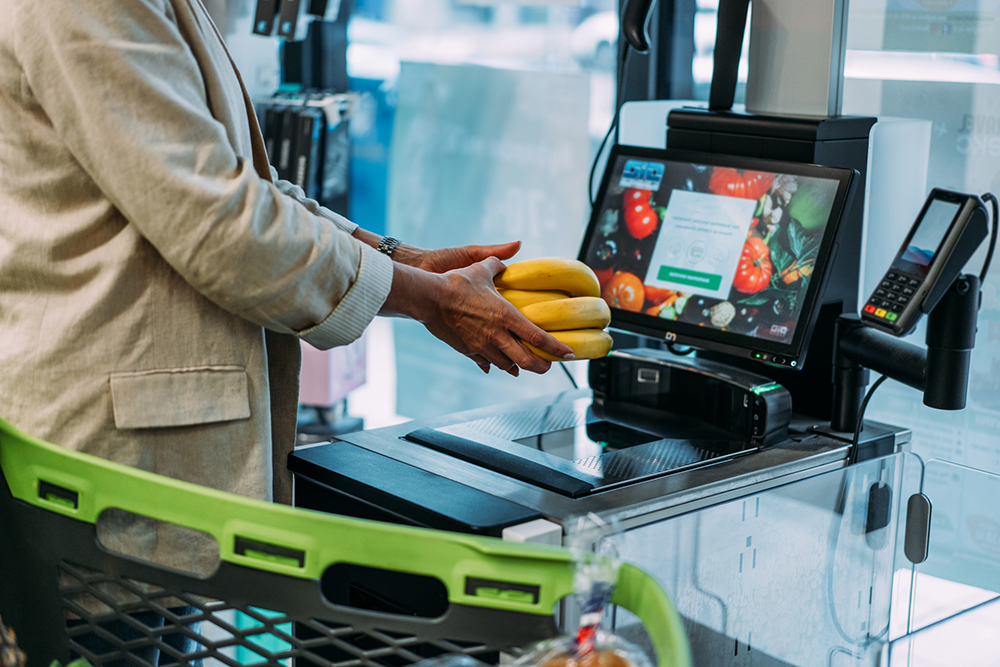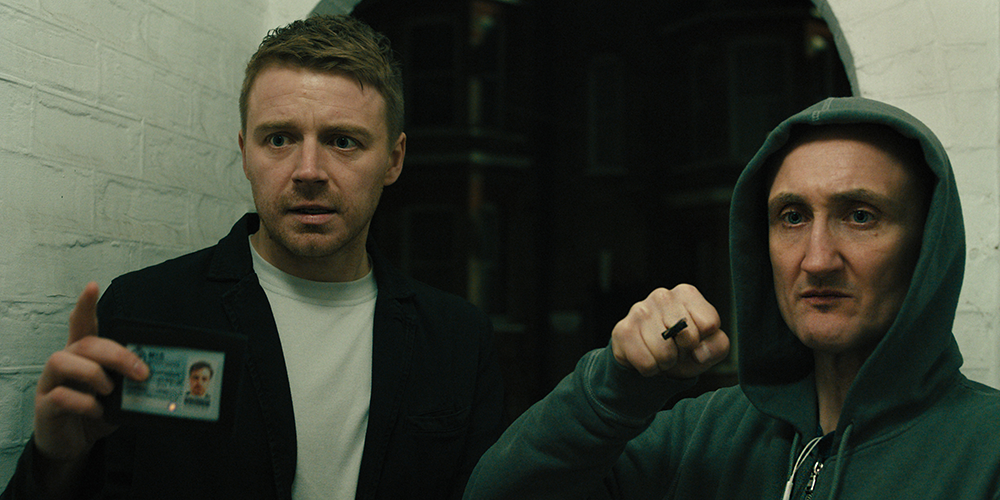
A friend runs a small factory employing 60 skilled workers. He exports industrial components worldwide, competing with Europe for quality and China for price: a model enterprise for the productive economy we wish we had more of. Earlier this year, his top concerns were the hike in employers’ national insurance (costing the equivalent of several new apprentices) and the advent of Donald Trump’s tariffs. Since then, he’s been hit by a cyber-attack – and his story, a miniature of Jaguar Land Rover’s, is a parable for business everywhere.
Like most companies today, this one is paperless: IT-dependent in everything from product design to accounting and HR. It also happens to hold ample cash, which hackers could have spotted from Companies House filings. One morning, the team arrived to find themselves locked out of their terminals – which displayed a message that, unless ransom was paid, the entire data cache would be made available on the dark web.
The insurers accepted the business-interruption claim and sent in anti-hack technicians. The police – not local bobbies but a regional organised crime unit working with the Action Fraud national reporting centre – were attentive, even though the hackers’ hideout in Russia or elsewhere abroad meant no hope of arrests.
No ransom was paid and ‘a semblance of operational normality was restored within weeks’, says my chum. ‘But it took months to reach proper stability.’ Replicating lost or damaged data and upgrading security cost more than £100,000, while the wage bill rose with the hiring of an in-house cyber-guard.
Only 45 per cent of UK firms are insured against cyber risks, according to a government survey. The cost has fallen as more insurers enter the market, but the small print can include all sorts of exclusions, starting with no cover for ‘war attacks’ by state actors. The accidental hero of my friend’s trauma, by the way, was BT, whose local broadband service was so feeble that the hackers eventually abandoned the attempt to download the company’s data. Lower-tech may be safer, but the simple moral of this tale is that cyber-crime is the new pandemic: so protect your business today.
Manchesterism redefined
I’m intrigued by Andy Burnham’s recent definition of ‘Manchesterism’ as ‘a form of consensual, business-friendly socialism that seeks to retake public control of all essential services’. If that last phrase is a late bid to please leftists who still think he’s a doe-eyed Blairite, the ‘consensual, business-friendly’ part certainly describes the Greater Manchester I knew in the years before he was elected mayor in 2017. He became a smooth spokesman for the model, but the truth is that he didn’t invent any of it.
The real drivers of the progressive Manchester consensus – encompassing ten local authorities and a world-class airport – were the long-serving city council chief executive Sir Howard Bernstein and its Labour leader Sir Richard Leese. They worked with (to name a few) Jürgen Maier, who spoke for business as boss of the Siemens factory, plus a clutch of outer-borough councillors, university vice-chancellors and philanthropists such as Oldham-based Sir Norman Stoller.
Between them, before Burnham, they created Britain’s best-co-ordinated conurbation. Modern Manchesterism, we might conclude, means manoeuvring shamelessly for power on the strength of others’ achievements.
No to no-checkout
It’s not in my nature to celebrate business failure but, having once been evicted from Amazon’s prototype ‘just walk out’ no-checkout grocery store in Seattle on suspicion of being a hostile journalist, I’m delighted to see that dismal concept biting the dust. I laughed last year when it was revealed that in-store technology supposedly combining advanced facial recognition and artificial intelligence was, in fact, reliant on 1,000 workers in India watching shoppers on screens. I smiled again to learn that the 19 UK Amazon Fresh till-free outlets (the first opened in Ealing, west London, in 2021) are about to close or be converted to branches of the retail giant’s Whole Foods arm.
Why react against such a handy way to shop? Because it was inhuman, involved faffing with an unfamiliar app, and gave Big Tech one more means of kidnapping my personal data. Similarly I shun QR-code ordering systems in restaurants and feel pity for the out-of-work actor whose recorded ‘Thank you for shopping at Tesco!’ plays forever from soulless self-checkouts. Banter with the kid behind the burger counter, discuss the weather with the motherly supermarket cashier – even the smallest connection matters. ‘Just walk out’ made automata of us all.
Going loco
George Stephenson changed the world when his locomotive originally named ‘Active’ pulled the first passengers from Darlington to Stockton 200 years ago last Saturday. I marked the bicentenary by spending the month traversing the rail network to meet this year’s excellent Economic Innovator Awards finalists – of whom more news soon. My tour involved 20 trains: all newish rolling stock, at reasonable fares, only one (TransPennine, naturally) running significantly late. Twice I passed Darlington itself, enabling me also to salute the 75th anniversary of the day my late mother asked for a job as the station announcer. What a regal tannoy voice that would have been if the stationmaster had said yes.
But I digress: this week also saw Transport Secretary Heidi Alexander serving notice of renationalisation on Govia Thameslink, the largest remaining private train operator, and repeating Labour’s pledge to bring the entire network back under state control by 2027. Two centuries on, rail is a civilised, planet-friendly form of travel whose UK privatisation, though botched, leaves plenty of progress behind. I fear its third age will start with a decade of strike-torn, investment-starved, sod-the-passenger decline.








Comments